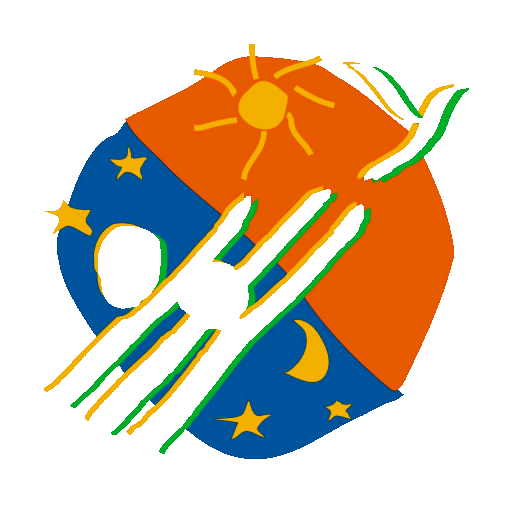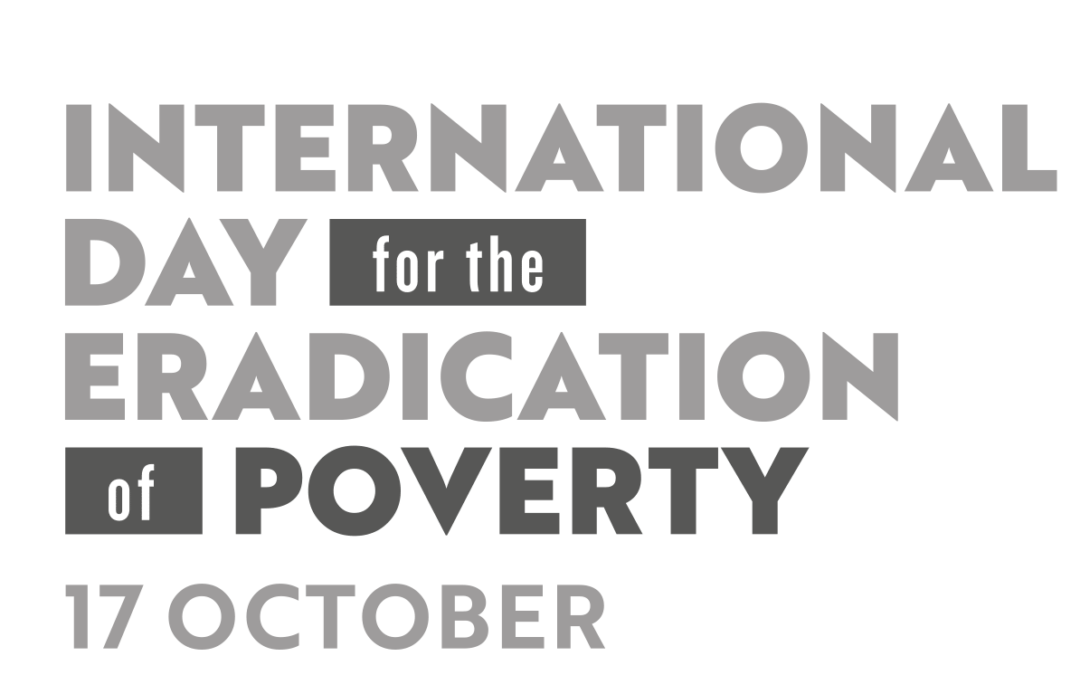The International Committee October 17 launches the consultation process on the theme of October 17 for the next two years, 2024 and 2025. The World Day for Overcoming Extreme Poverty has been commemorated since 1987 by the ATD Fourth World Movement. Since 1992, October 17 has been recognised by the United Nations as the International Day for the Eradication of Poverty (IDEP), and commemorated by the differents parts of the United Nations (UN) and many differents groups around the world, beyond the Movement.
Determination of the global theme for October 17 is a precious process where people experiencing poverty and groups or organisations working with them have a direct say. Your valuable input through this consultation process has led to the choice of the global theme commemorated by the UN, as well as shaped the spirit and content of the concept paper. Given October 17 is observed by so many different actors around the world, we are aware that not every group will commemorate this day precisely on the theme chosen. But having a global theme helps us to maximise impact and highlight specific themes that are of concern to people experiencing poverty.
To answer,
- you can complete the online form ;
- or fill in the form in the Committee invitation and e-mail it to [email protected].
This consultation closes on February 29.
Thank you for your contribution!

